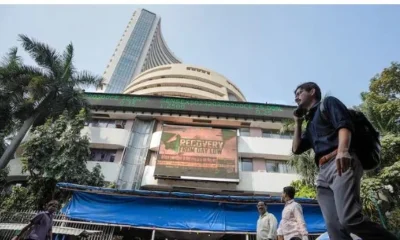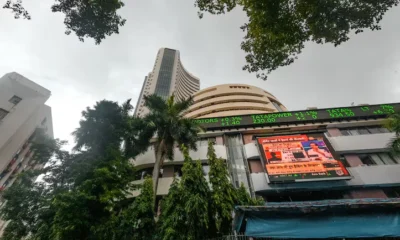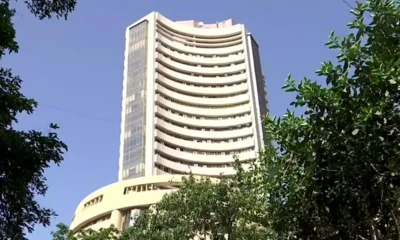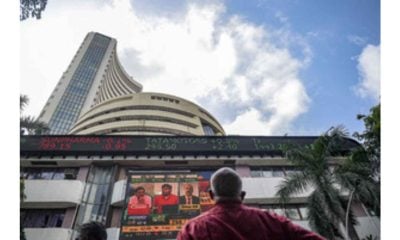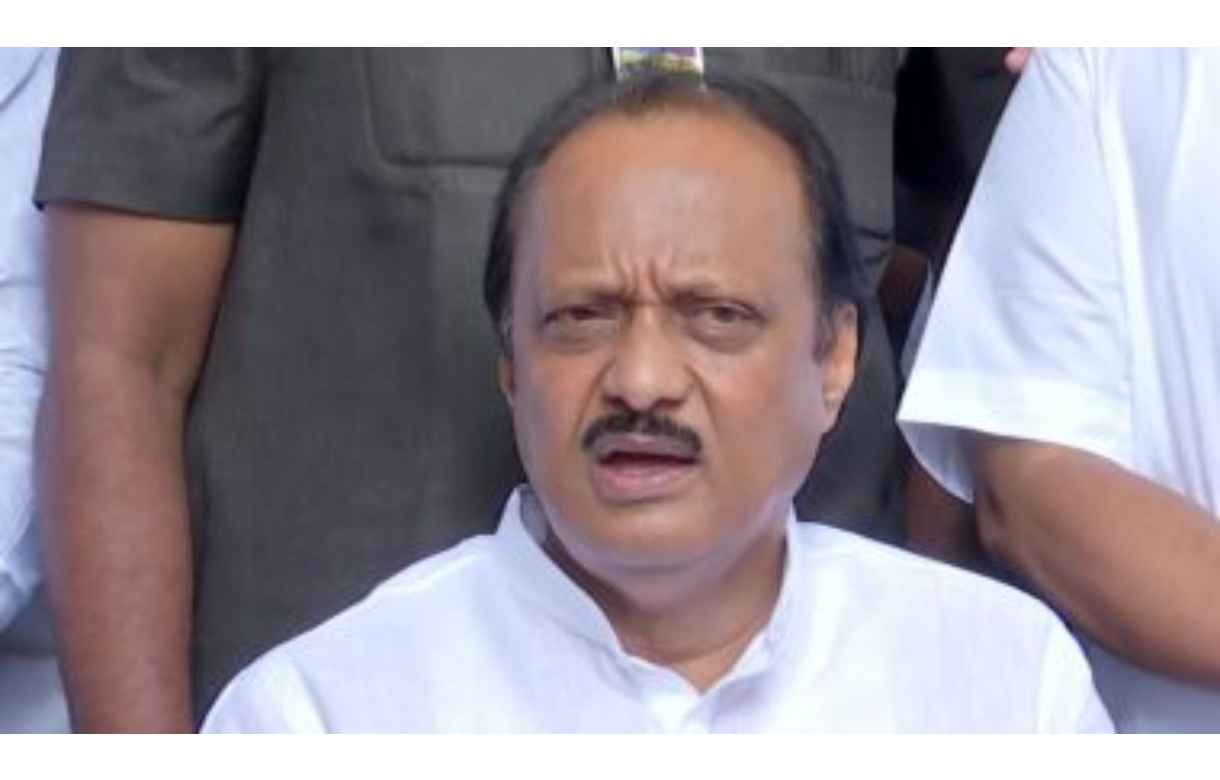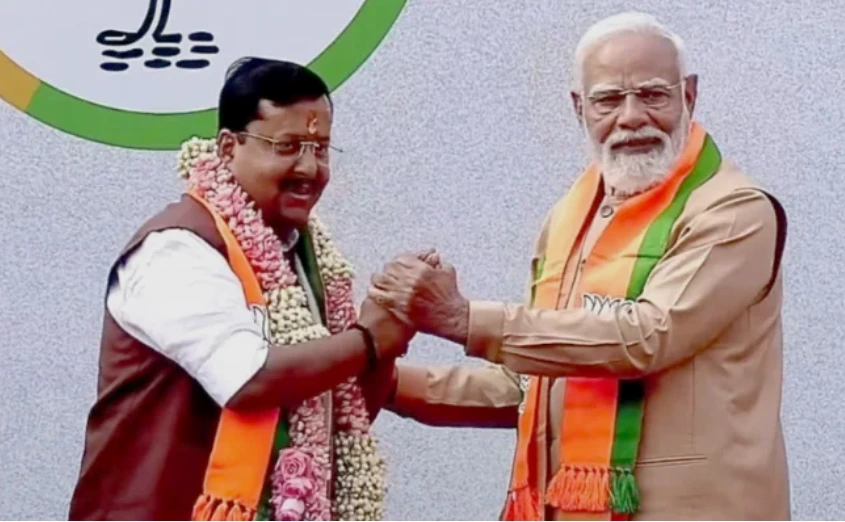India News
Sensex, Nifty plunge amid global turmoil
The pervasive risk aversion in international markets kept the dollar in high demand, adding further pressure on the rupee.
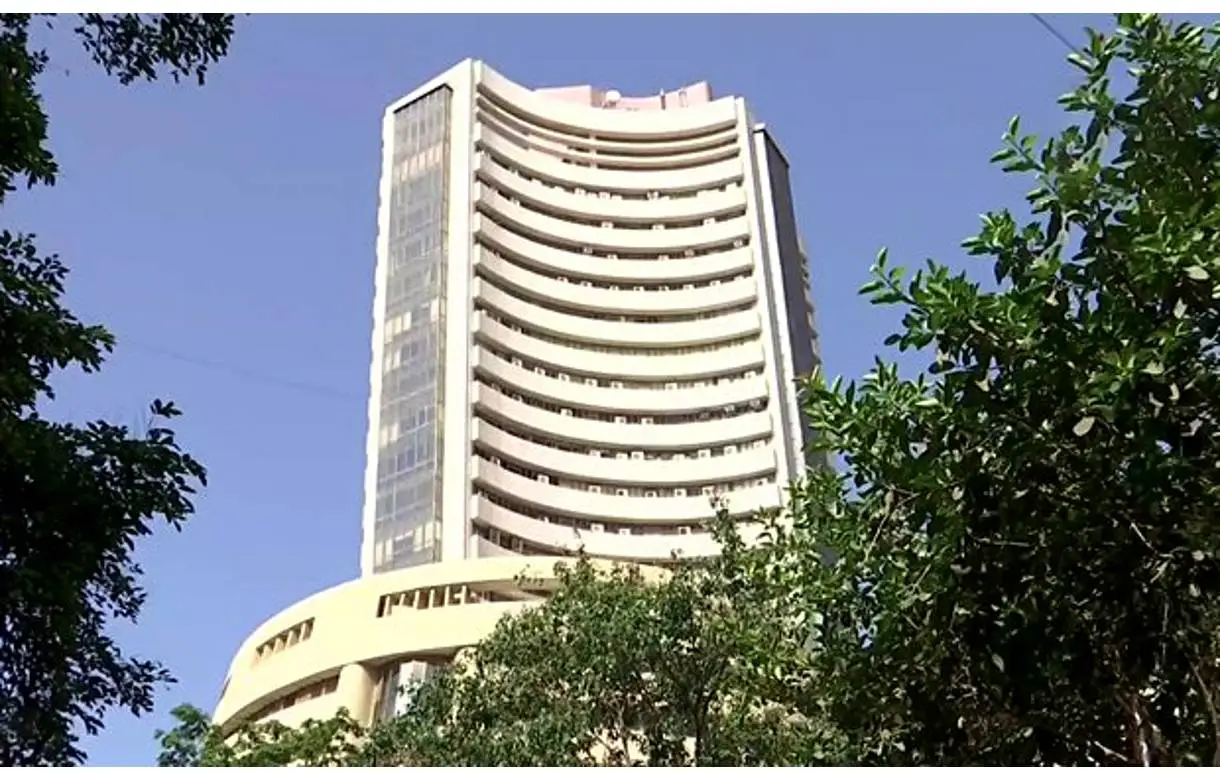
India News
Ajit Pawar dies in plane crash near Baramati airport
Maharashtra deputy CM Ajit Pawar dies in plane crash near Baramati; four others also killed.
India News
BJP president Nitin Nabin holds strategy meet in West Bengal ahead of assembly polls
BJP chief Nitin Nabin held a strategy meeting with West Bengal leaders in Durgapur as the party intensified preparations for the 2026 assembly elections.
India News
Maharashtra Deputy CM Ajit Pawar’s chartered plane crash-lands in Baramati
Several people were injured after a plane used by Maharashtra Deputy Chief Minister Ajit Pawar crash-landed during an emergency landing attempt at Baramati airport. Officials are yet to confirm if Pawar was on board.
-
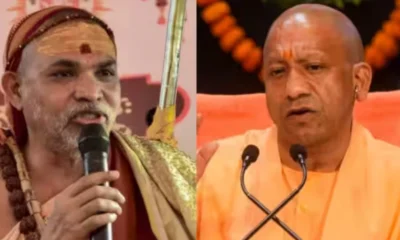
 India News15 hours ago
India News15 hours agoShankaracharya–Yogi row intensifies as Ayodhya GST officer resigns in protest
-
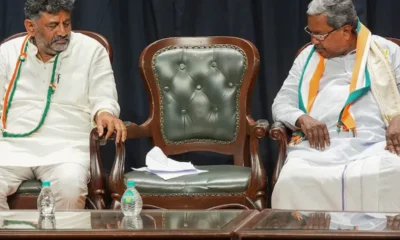
 India News15 hours ago
India News15 hours agoSiddaramaiah snaps at Youth Congress sloganeering for DK Shivakumar during protest rally
-
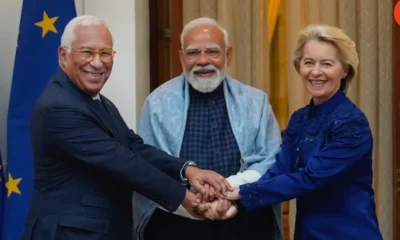
 Latest world news14 hours ago
Latest world news14 hours agoIndia-EU free trade pact set to lower prices of luxury cars, wines and medicines
-

 India News2 hours ago
India News2 hours agoMaharashtra Deputy CM Ajit Pawar’s chartered plane crash-lands in Baramati
-
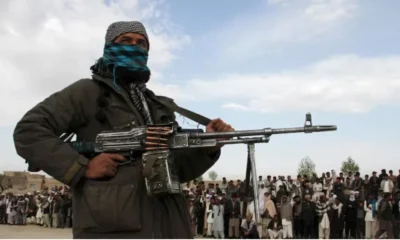
 Latest world news2 hours ago
Latest world news2 hours agoLashkar commander admits Hamas links, raises alarm over expanding terror nexus
-
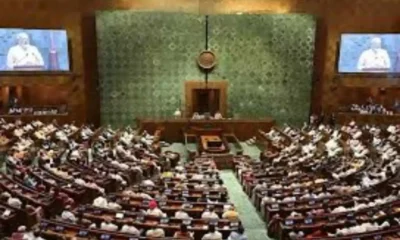
 India News2 hours ago
India News2 hours agoBudget session begins amid opposition push on Trump remarks, SIR and G RAM G Act
-
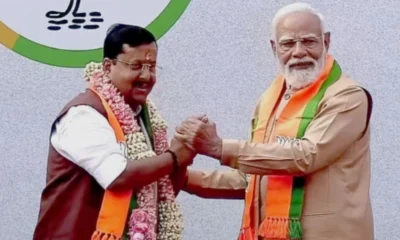
 India News1 hour ago
India News1 hour agoBJP president Nitin Nabin holds strategy meet in West Bengal ahead of assembly polls
-
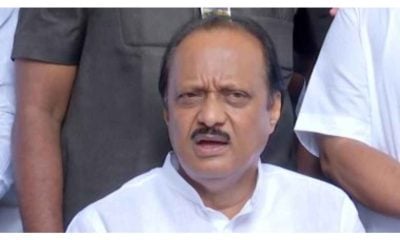
 India News57 mins ago
India News57 mins agoAjit Pawar dies in plane crash near Baramati airport

